There is growing interest and more and more choices when it comes to plant-based milks for preparing coffee. Whether it is a question of taste, a choice, or an obligation to turn to plant-based drinks, many options are available on the market and it is sometimes difficult to know which milk to favour to get the best coffee.
We were approached by the team from the TV show L’épicerie and carried out a test bench, during which we tested around thirty plant-based drinks. We sort it all out for you, here!
Fat content and protein quality
It is important to know that the level of fat and the amount of protein present in milk are important when preparing espresso and milk-based beverages. They allow the milk to have a good base density and stability, which allows the barista to add less air when frothing it to prepare a microfoam or a denser foam for cappuccino.
Lipids (fats) and proteins provide a thick and creamy texture, but not full of bubbles. A beautiful microfoam texture is great for making latte art designs worthy of international competitions! In addition, fat and protein milks contain natural sugar, a significant element in the taste of caffeinated drinks added with milk, to establish a nice balance of flavours in the beverage. However, milk that is too fatty will cause it to separate when mixed with coffee.
Vegetable milk alternatives, in general
The variety of plant-based drinks is impressive, especially since we can now easily find recipes online to prepare them at home and personalize them to our taste.
Specialized blends for baristas are also available in grocery stores. As experts, we can tell you that although several plant-based options can compete with cow's milk, Barista identification is not a guarantee of quality and success. According to the tests we have carried out, Barista-identified soy drinks make better microfoam for lattes than those that are not. On the other hand, the oat drinks that we tested and which were labelled Barista did not give as good results as the oat drinks that were not identified. You must therefore be careful and not take this Barista identification as a guaranteed guarantee of quality.
Plant-based drinks are also interesting for the little taste they give to our caffeinated beverages. It's certainly not for everyone, but the nutty or cereal side of plant-based drinks can be an interesting addition to a latte or cappuccino, depending on taste.
Finally, the majority of plant-based drinks are less harmful to the environment than cow's milk, hence their great rise in popularity in recent years. Another good reason to try these vegan alternatives!
Soy milk
Soy milk is the most popular of all cow's milk substitutes, as it was the first to hit the market. It is also inexpensive to produce and buy. It offers a good portion of protein and is the least damaging to the environment when we combine the use of water, CO2 emissions, and the surface area of land necessary to its production.
Its versions for baristas are very effective. With a little adaptation (less air when frothed with the nozzle), you will be able to make latte art as if you were using cow's milk. In terms of taste, soy drink is sweeter than traditional cow's milk, but less sweet than almond drink. At Barista, we have a weakness for the Barista Blend from So Nice and that from Pacific Foods.
Oat milk
Oat milk made a timid arrival to the market, but is now often used in coffee shops. Oat milk is also one of our favourites, along with the soy, for preparing coffee and lattes. Having good ecological performance, it is also the one whose taste is closest to the taste of cow's milk. Its nutritional aspect is also very attractive: the oat drink is rich in fibre, calcium, magnesium, and iron.
You will obtain a very beautiful result in microfoam to make your latte art, because the latter has a beautiful density when foamed. Our team has a weakness for oat drinks from the Oatbox, Oatly and Pacific Foods brands.
Almond milk
Almond milk is often a little sweeter than other plant-based milks and contains fewer nutrients. Also, quite popular with consumers, you will find a nice variety of almond milks ( regular and for baristas) at the grocery store. When we talk about environmental impact, almond drink breaks efficiency records in terms of land use and CO2 emissions. It is, however, last in line for its water needs.
In coffee preparation, although it is very popular, its performance is rather disappointing. During our tests, both in terms of taste and in terms of the quality of its microfoam, all brands combined, this plant-based drink was not the most interesting. We therefore favor soy and oat-based options.
Rice milk
Not performing well when compared to other alternatives, for its environmental rating or for its nutritional value (due to more carbohydrates, less proteins), rice milk has a discreet taste which may prove interesting for consumers who like less taste of nuts or grains in their coffee. On the other hand, the texture is not there, so it is not a preferred option, especially if you want to make lattes, cortado, cappuccino, etc.
Coconut and hemp milk
During our tests, these drinks were low in protein, did not give good results in terms of texture and microfoam. It seems impossible to make a beautiful, creamy microfoam and therefore making latte art difficult for your coffee.
Pea milk
Pea-based drinks, such as chickpea, for example, performed well on texture, but had a very bitter taste when we mixed it with coffee. This is therefore an option to avoid if you want to enjoy the delectable taste of your coffee.
If you are looking for the perfect plant-based drink to prepare your coffees, we advise you to favour soy and oat drinks, since great options for these two types of drinks exist and will make delicious coffees!


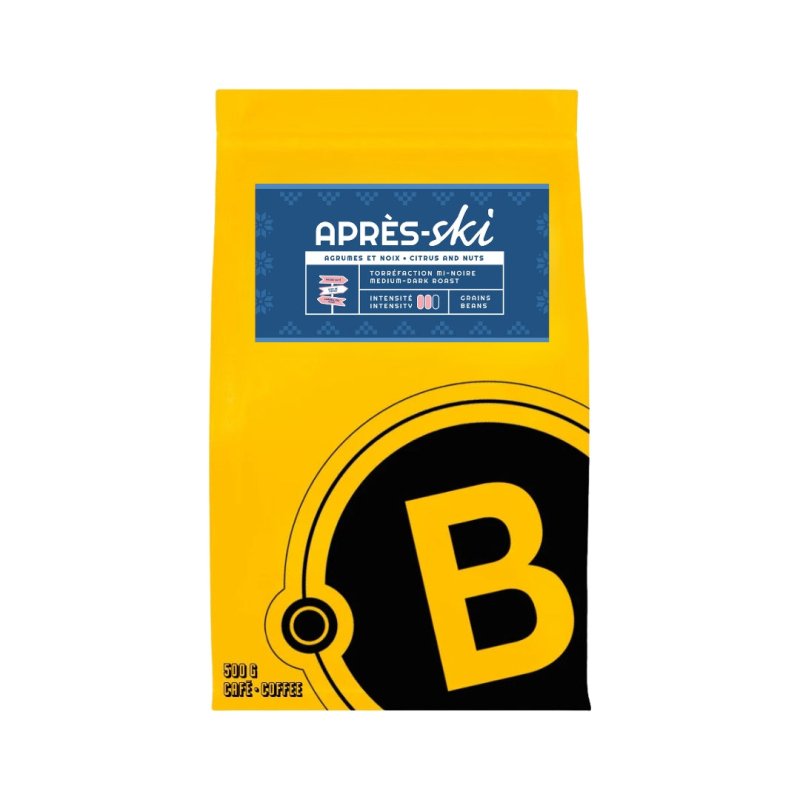
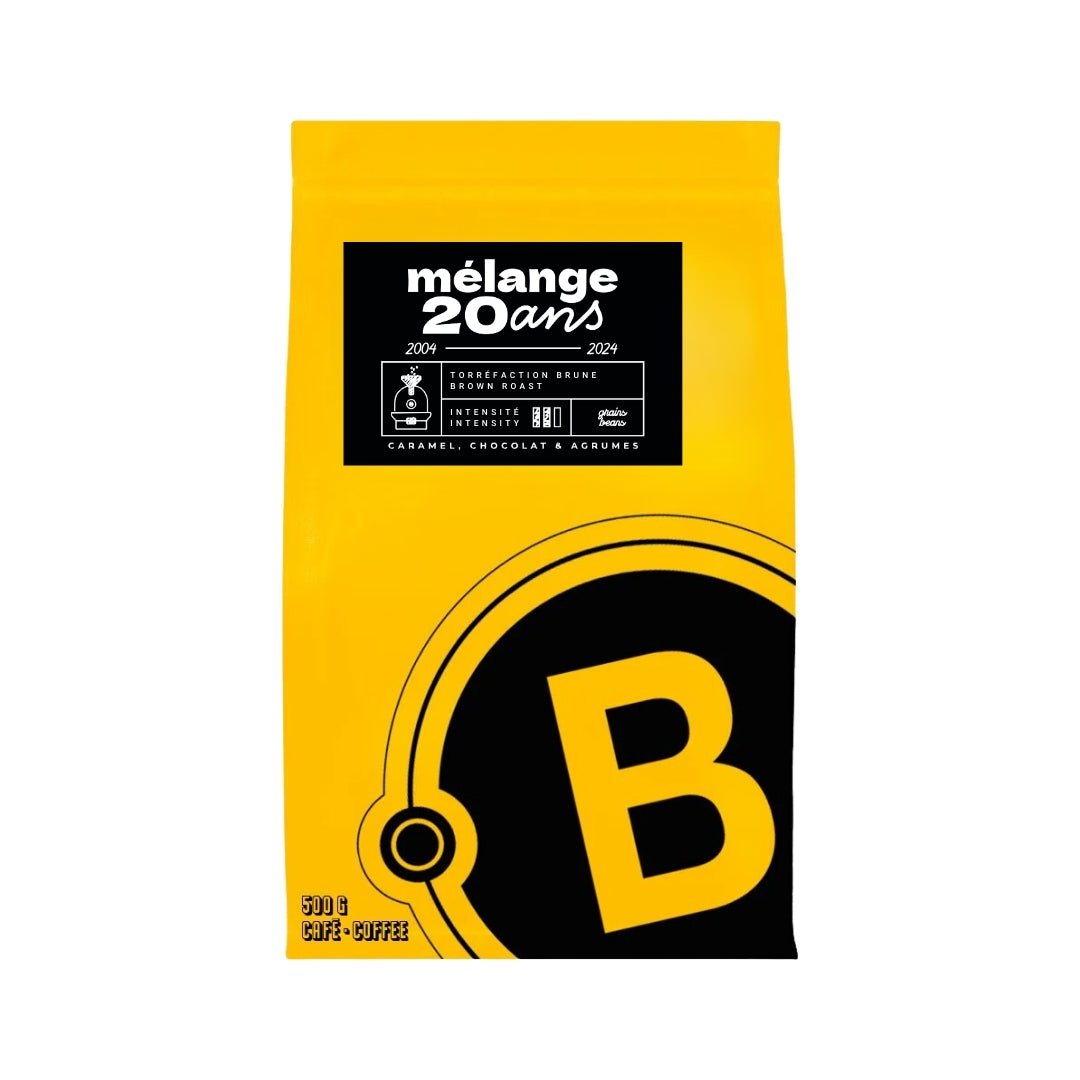
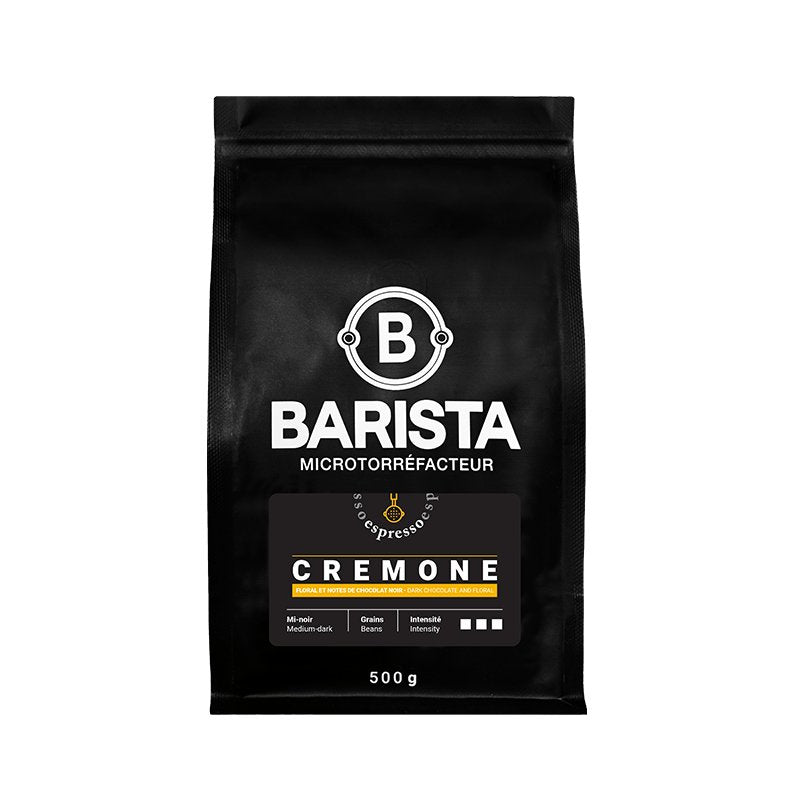
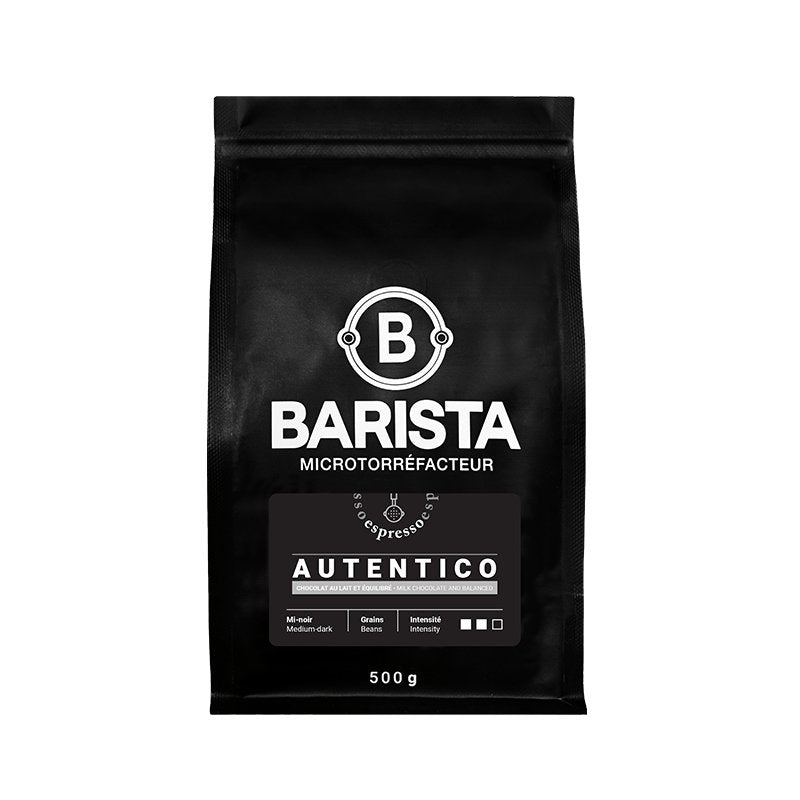
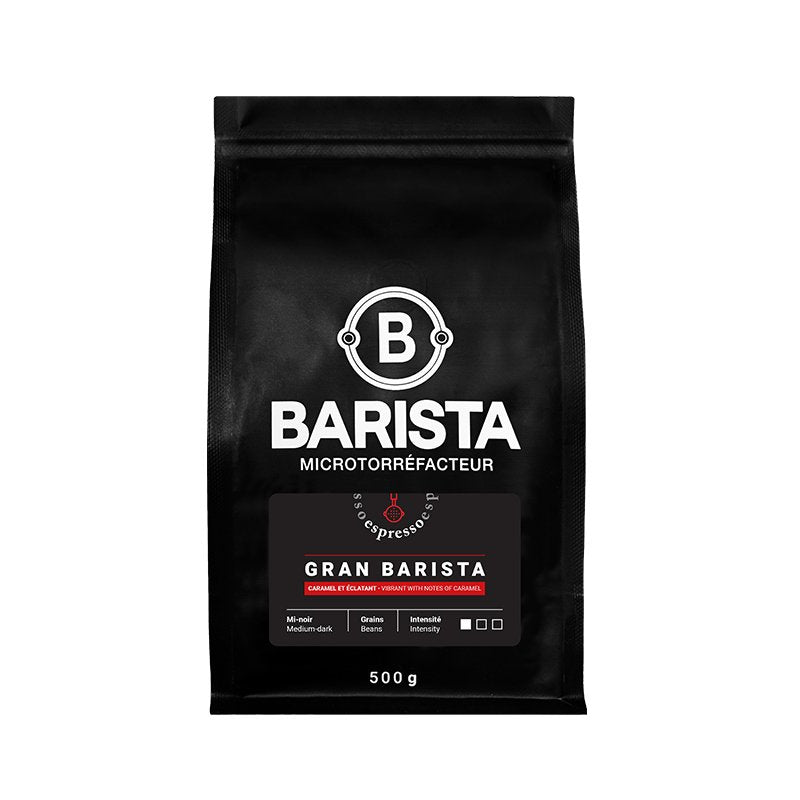
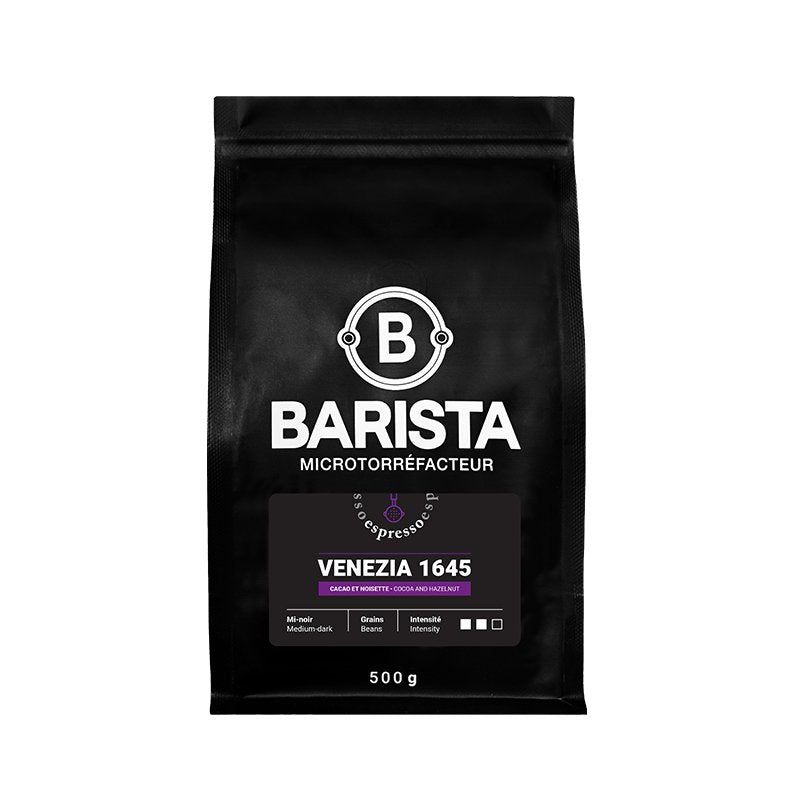
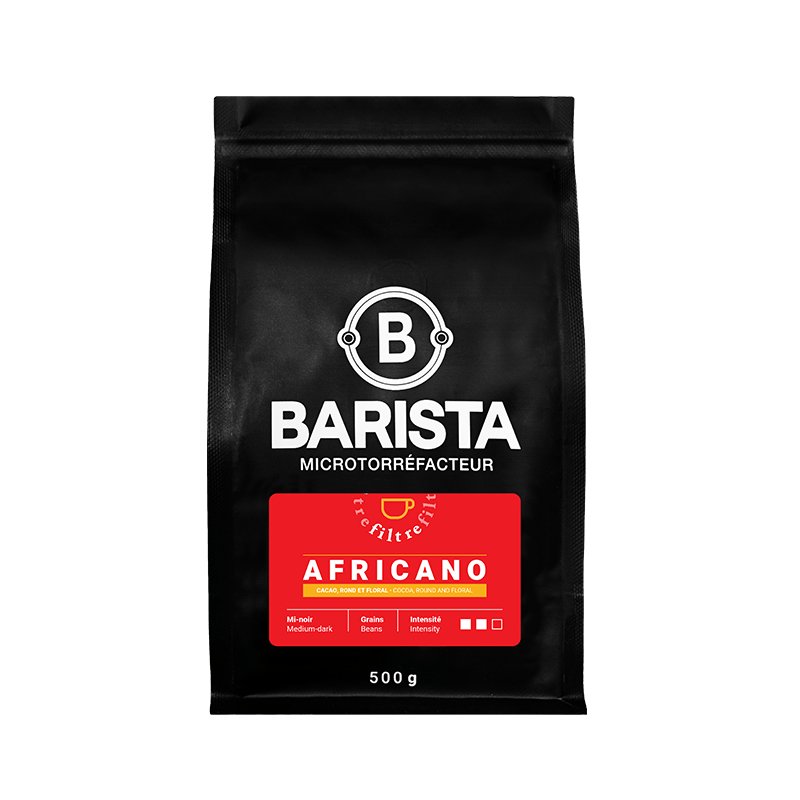
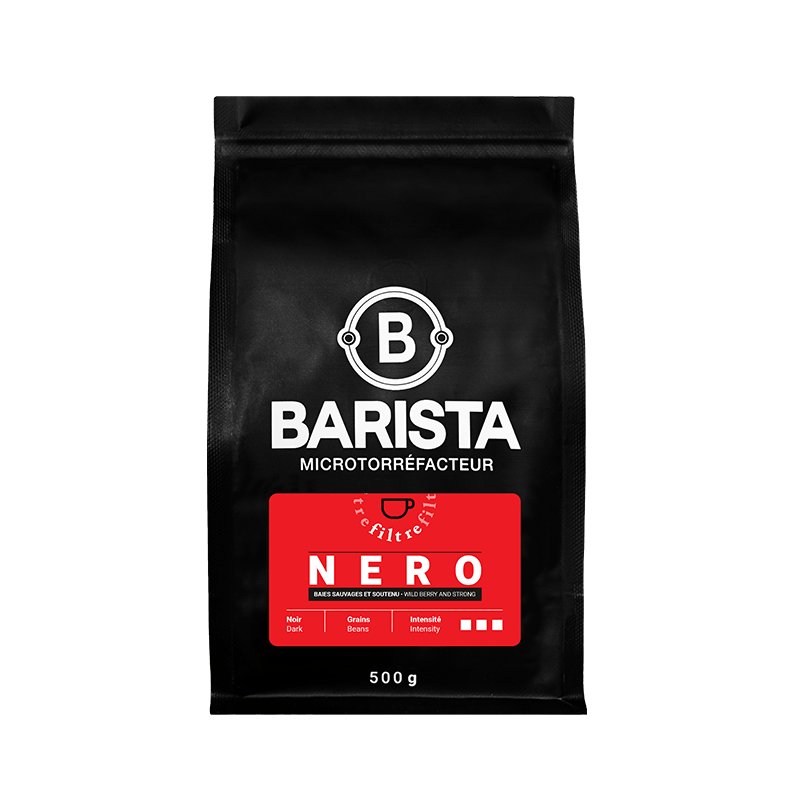
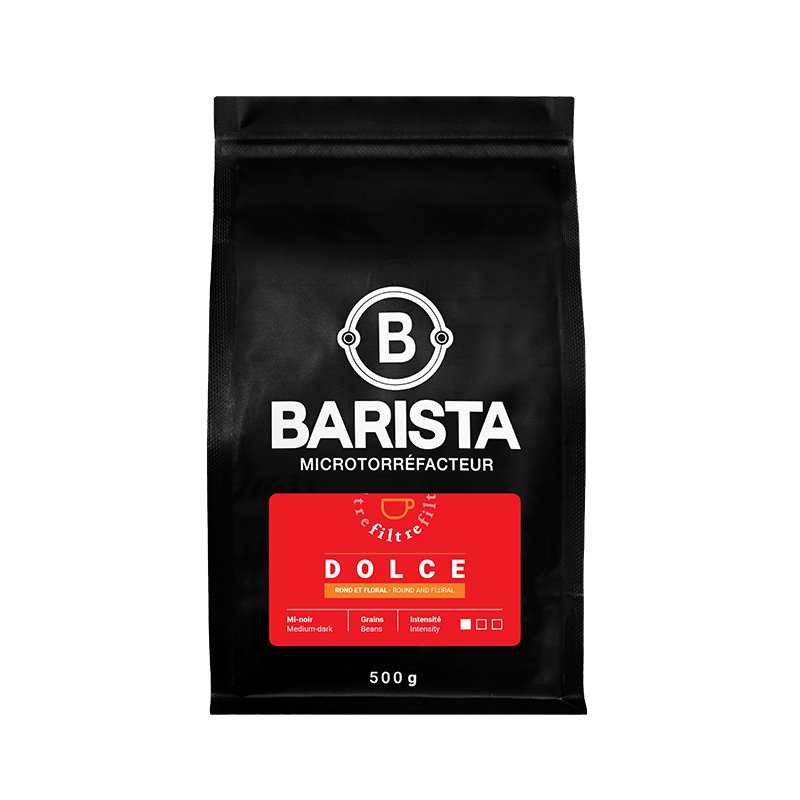
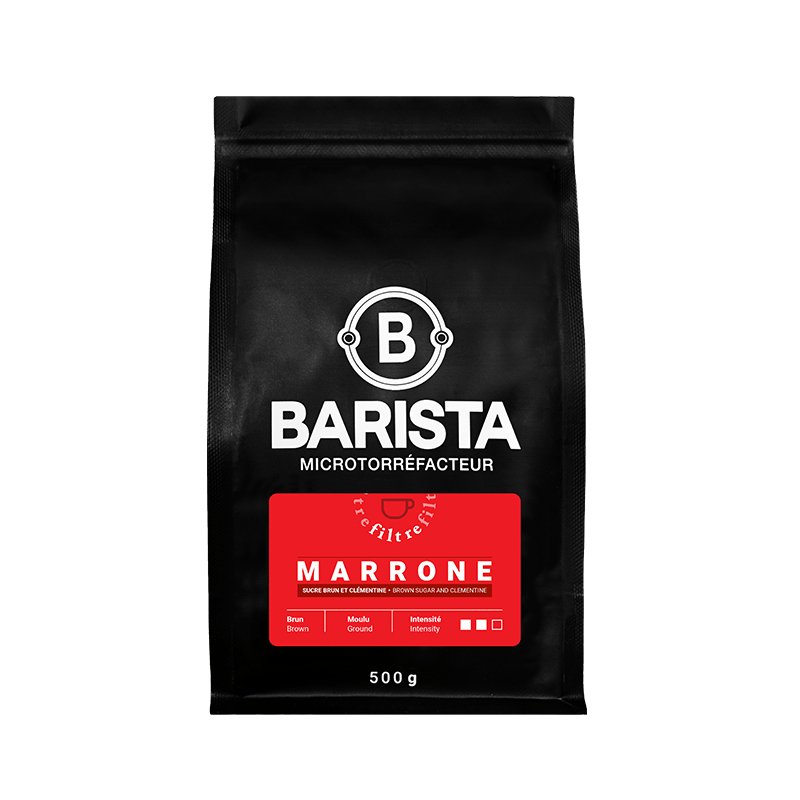
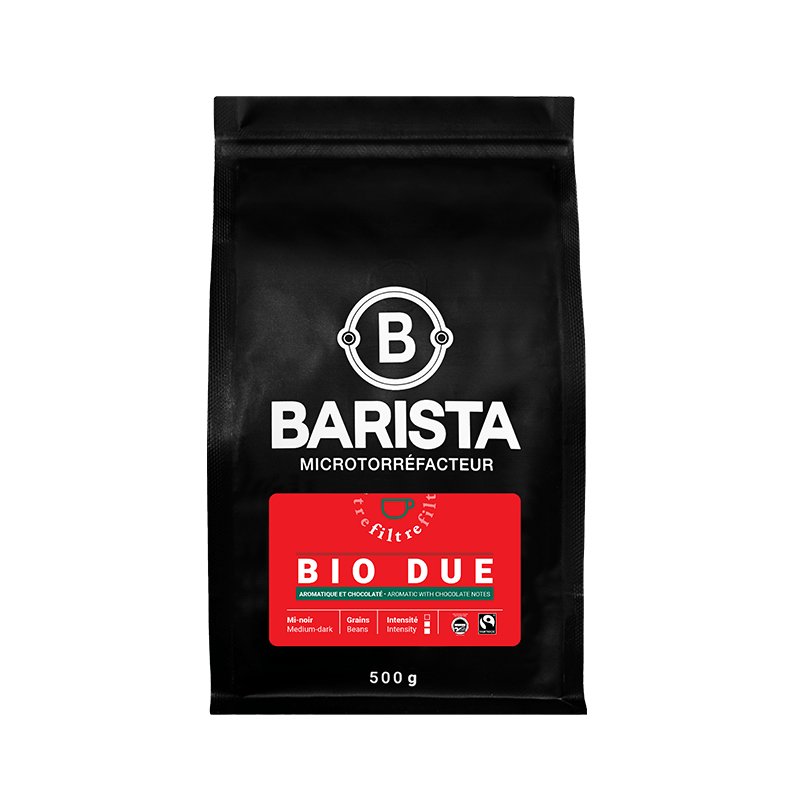
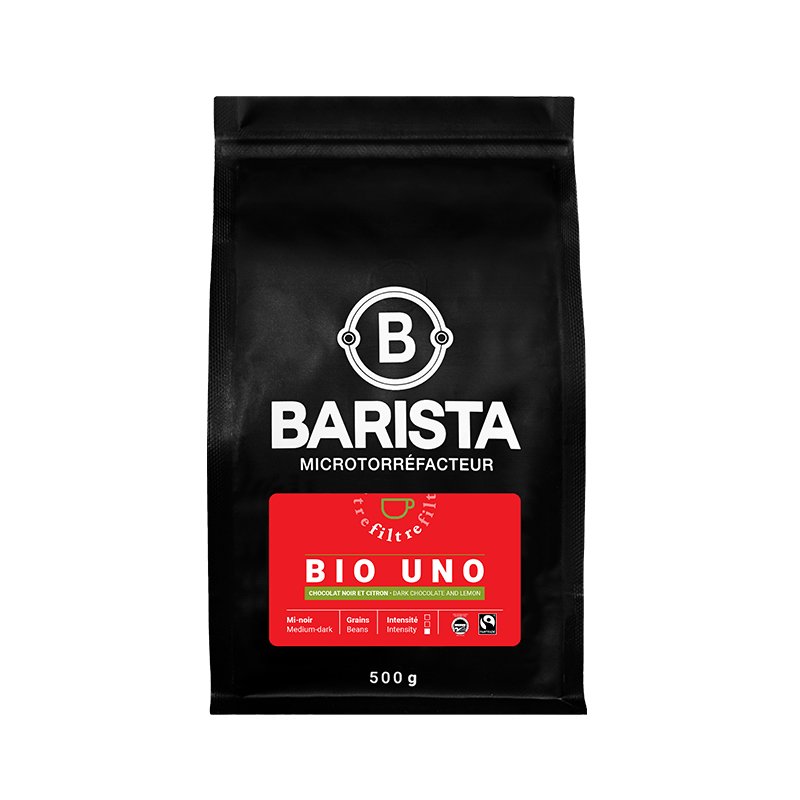

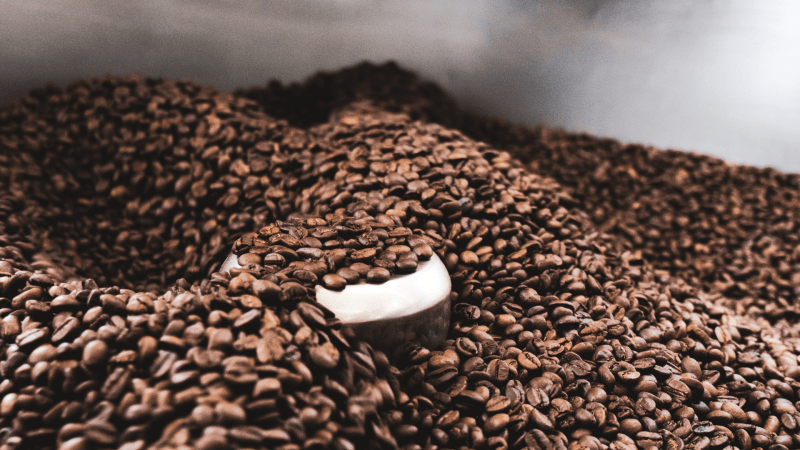
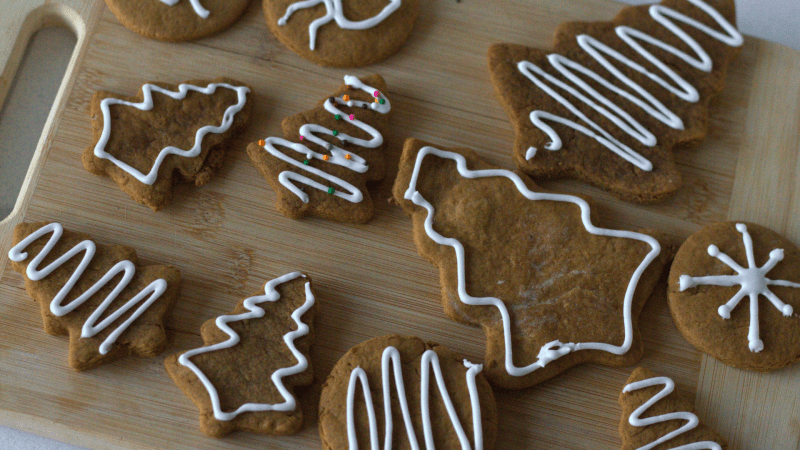
Share:
Introducing Station 210
Introducing Café Chopinerie